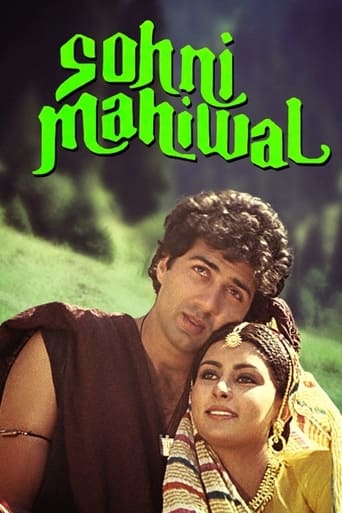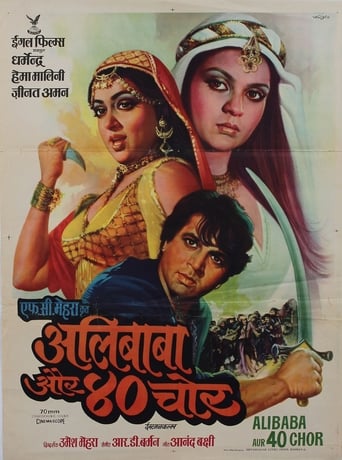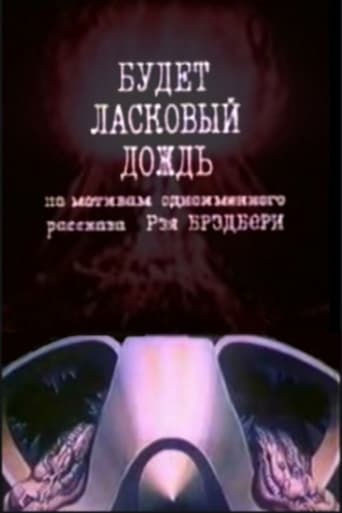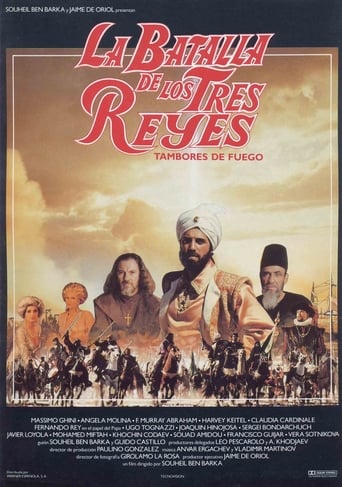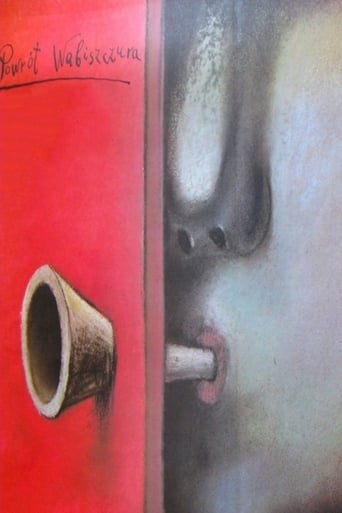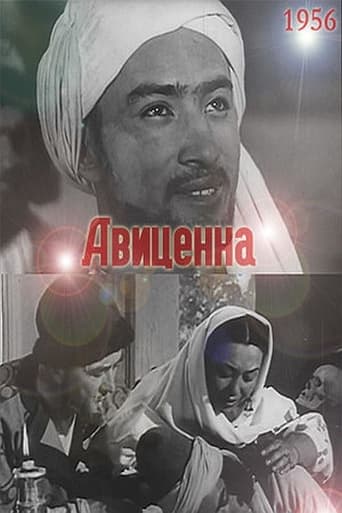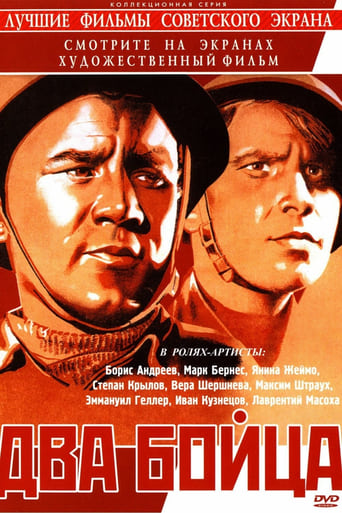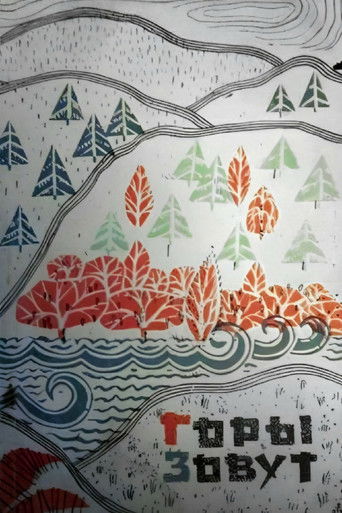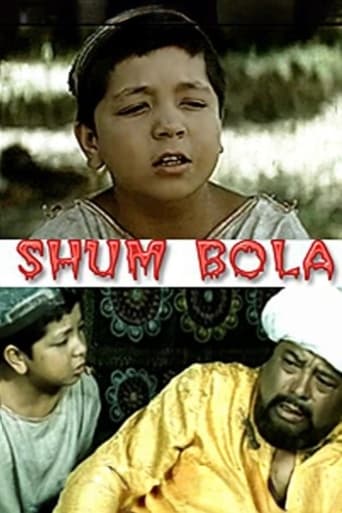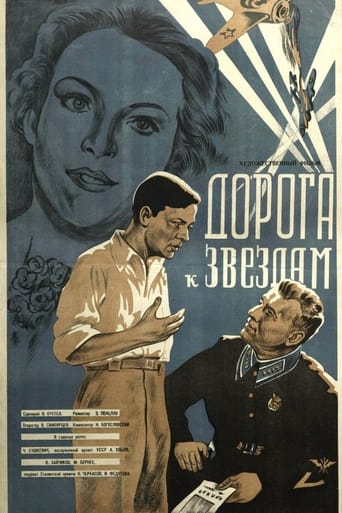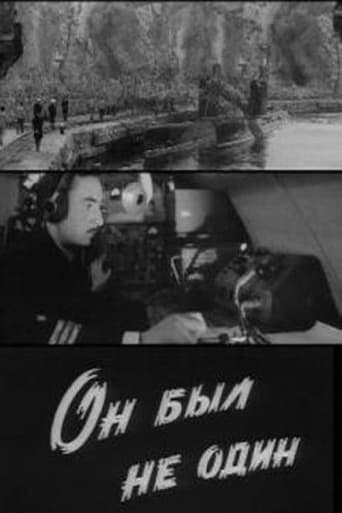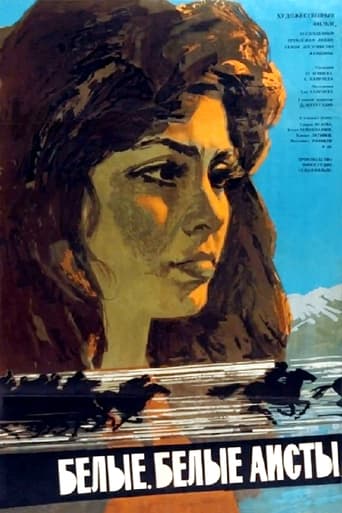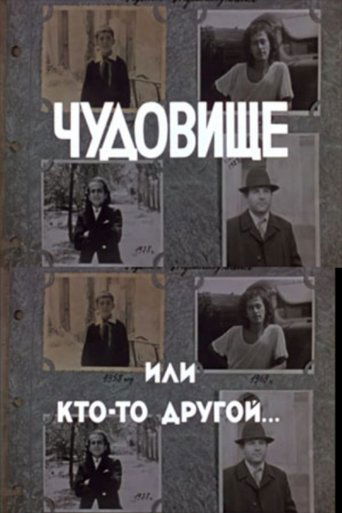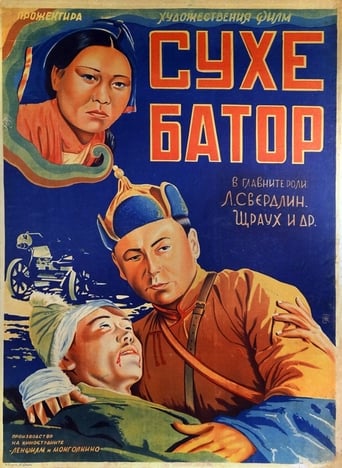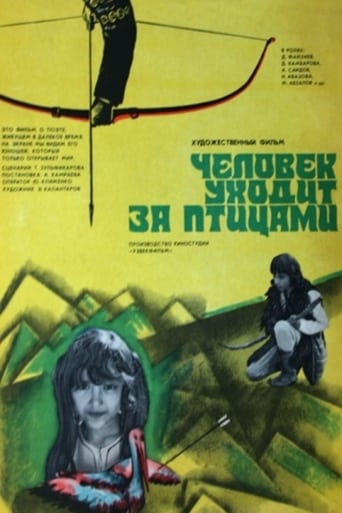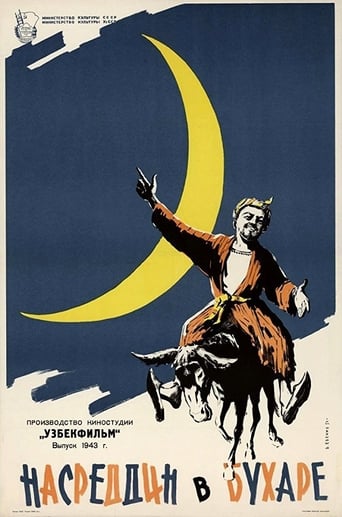Sohni Mahiwal 1984
Shahjada Ijjat Beg comes to India with his caravan and settles in a town in Gujrat. Here he falls in love with Sohani, who keeps a shop in metal pots. Ijjat Beg buys pot from her with whatever money he had and they were attracted to each other. Sohni dispensed with her servant and kept Ijjat Beg instead. This gave them more opportunity to meet. This was a scandal in the town and Sohni was perforce married to Rehaman who was slightly off his head. Sohni continued her meeting Ijjat Beg who went out fishing. When the atmosphere became to hot for them they jointly took a water grave for their love.
